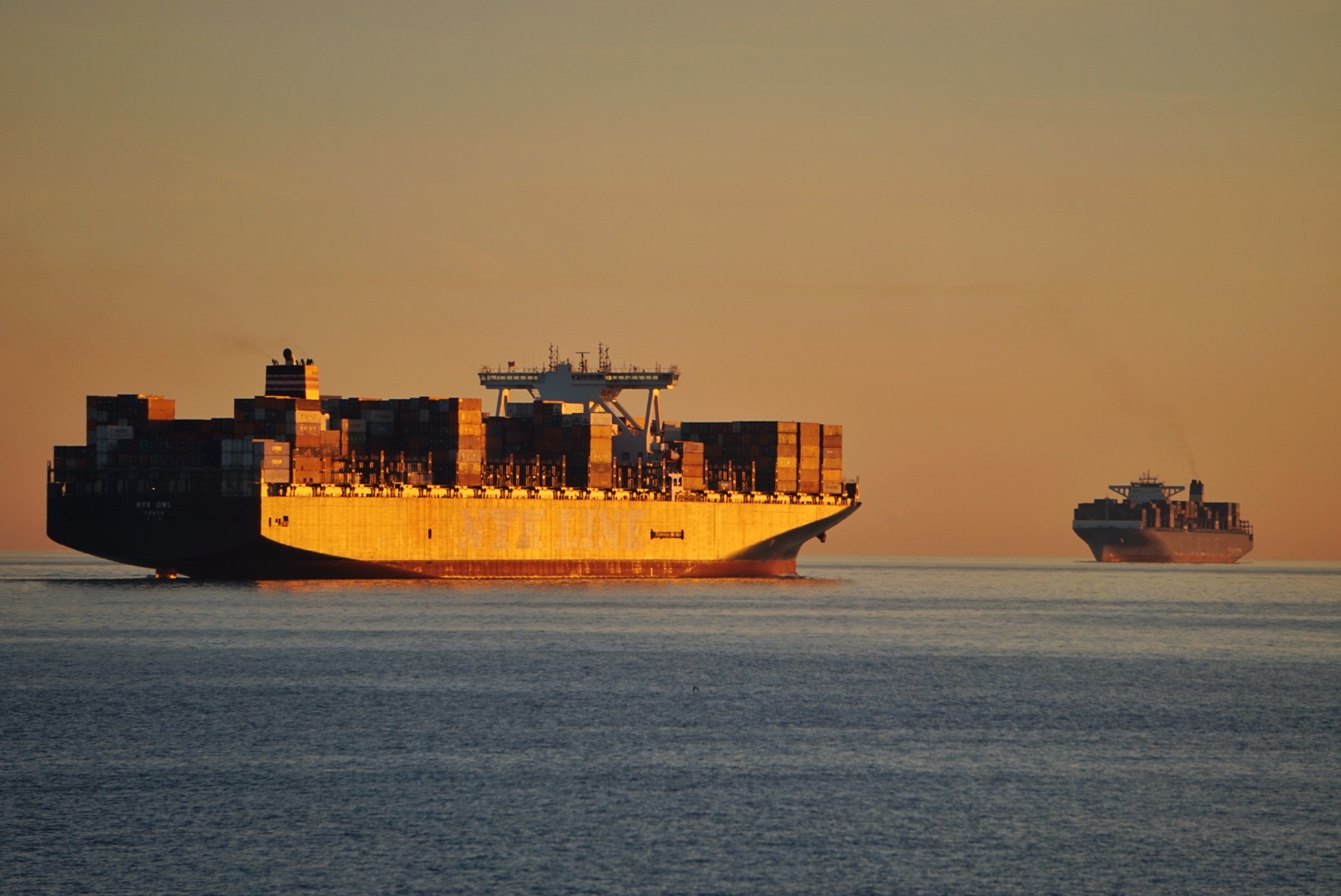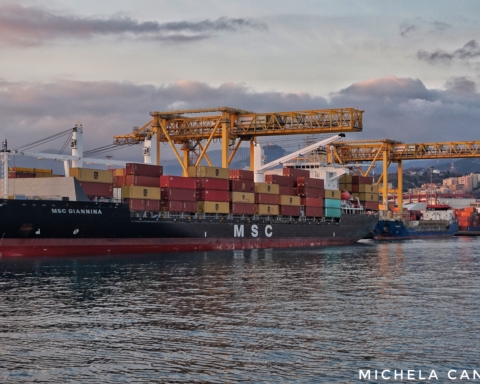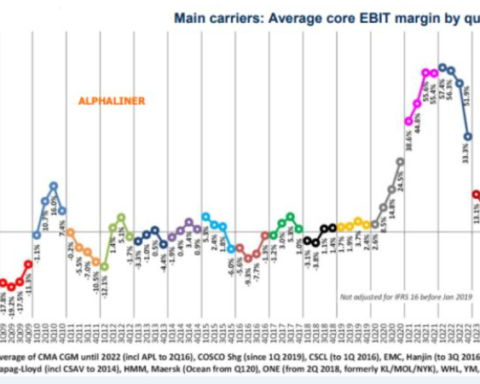Maritime transport is undoubtedly the main driving force for developing international trade. According to the data in the 8th annual “Italian Maritime Economy” report presented by SRM in July this year, 90% of goods travel by sea and the transport and logistics sector represents about 12% of the global GDP. Container handling worldwide is expected to grow at an average rate of 4.8% per year to reach, by 2025, the incredible transport threshold of one billion TEUs.
The pandemic has, however, brought to light the first cracks in a system whose foundations seemed, on the surface, to be solid: the last few months have seen congested ports, shortages of empty containers, blank sailings and delays in supply chains. Since the blockage of the Suez Canal, maritime freight rates on some of the main routes have begun to rise exponentially with prices that have increased on average by 400% with peaks at 800%.
The Financial Times’ metaphor is still very appropriate: the maritime trade is under a “perfect storm”, and, for the moment, there are no clear skies on the horizon. In short, to contextualize it, we are on a perpetual “red alert”.
It is a well-known fact that the general impact of maritime activities on the economy goes well beyond the transport dimension and directly involves the productive, manufacturing and tertiary sectors. In a system in which trade and logistics are increasingly close and interdependent sectors, the increase in transport costs cannot but have a cascading effect on distribution chains. If, in fact, the cost of the maritime leg should continue to have a (excessively) high incidence in the supply chain, companies will find themselves, as a consequence, having to necessarily rethink their business models.
And many are already moving in this direction. It’s the adaptation of Stevino’s law: in a system of communicating vessels, the fluid always reaches the same point of stability in all the containers whatever their shape and size. The companies have various solutions available: to extend the chain of suppliers located in different regions, to increase or to manage differently their own warehouse stocks, to adopt a more flexible form of production, or, as a last resort, to totally rethink their own delocalized production system. It is no coincidence that we have recently been witnessing an increasingly heated debate on nearshoring or reshoring strategies with which companies seek to relocate production centers to bring them closer to consumption centers.
All of this, however, may not be sufficient in a sector where the warning light signalling a self-regulation problem has been on , uninterruptedly, for months now. While in Europe and in Italy many stakeholders and trade associations are clamoring for a public regulatory intervention, in the USA something is moving and in a seemingly protectionist direction.
With a bipartisan bill called Ocean Shipping Reform Act of 2021 (OSRA21), the two promoters with the motto “foreign ocean carriers aren’t playing fair and American producers are paying the price” (Dustin Johnson) and “foreign businesses’ access to the American market and its consumers is a privilege, not a right” (John Garamendi) would like, in principle , to try to rebalance the power, which according to them is currently too unbalanced, between shippers on the one hand and foreign ocean carriers on the other.
OSRA21 is expected to provide the Federal Maritime Commission (FMC) with greater powers of control over anti-competitive practices and ocean carrier tariffs, while also introducing stricter regulations on Demurrage & Detention. It seems, therefore, that the bow is mainly pointed towards the ocean carrier category. The objective, according to John Garamendi, is to ensure that exporters, importers and shipping companies can play the same role “in a competitive environment where there is no undue power held by the shipping industry.”
Obviously, there has been no lack of protests from those who consider it short-sighted and unfair, in an osmotic and interconnected system, for the government to intervene to regulate only one of the many categories of players in the sector. In particular, according to the World Shipping Council, market balances cannot be altered, by law and permanently, in response to a temporary stress caused by an unprecedented demand for imports.
We will see if OSRA21 will have enough clout to be approved by Congress or will remain a mere proclamation. If the flap of a butterfly’s wings in Brazil can really cause a tornado in Texas, as the mathematician and meteorologist Edward Lorenz wondered, let’s wait and see the consequences of such a policy in the old continent. Besides, “things cannot get worse than this”, said the optimist.
Translation by Giles Foster




